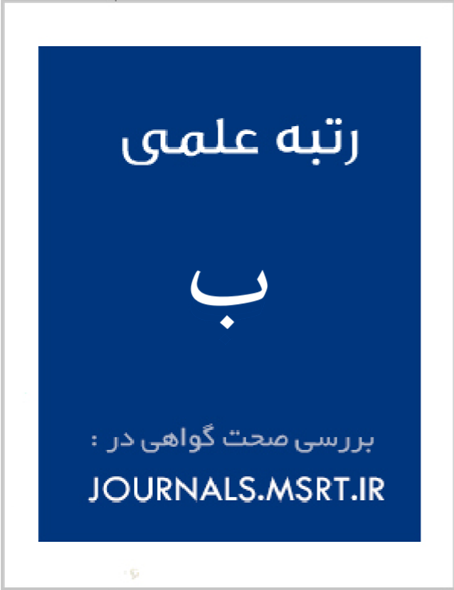تحلیل تجربی فهم اخلاقی از مفاهیم مثل صداقت و امانت در زندگی روزمره شیعیان
کلمات کلیدی:
اخلاق اسلامی, صداقت, امانتداری, تجربه زیسته, پدیدارشناسی, شیعیان تهرانچکیده
هدف این پژوهش، بررسی تجربی و پدیدارشناختی فهم اخلاقی از مفاهیم صداقت و امانت در زندگی روزمره شیعیان شهر تهران است. این مطالعه با روش تحقیق کیفی و رویکرد پدیدارشناسی انجام شد. دادهها از طریق مصاحبههای نیمهساختاریافته با ۲۳ نفر از شهروندان شیعه ساکن تهران جمعآوری شد. مشارکتکنندگان بهصورت هدفمند انتخاب شدند و نمونهگیری تا رسیدن به اشباع نظری ادامه یافت. مصاحبهها ضبط، پیادهسازی و با استفاده از نرمافزار Nvivo تحلیل مضمون شدند. تحلیل دادهها منجر به استخراج سه مقوله اصلی شد: «درک اخلاقی از صداقت»، «تجربه زیسته از امانتداری»، و «بسترهای تقویت یا تضعیف اخلاق صداقت و امانت». هر یک از این مقولهها شامل زیرمقولههایی بودند که جنبههای متنوع، زمینهای و گاه متعارض از فهم مفاهیم صداقت و امانت را در موقعیتهای خانوادگی، اجتماعی، مذهبی و اقتصادی بازتاب میدادند. شرکتکنندگان اغلب صداقت را ارزشمند میدانستند، اما در عمل با تعارضهایی میان صداقت و مصلحت مواجه بودند. همچنین امانتداری در سطوح مختلف مالی، کلامی، اطلاعاتی و عاطفی تجربه میشد. فهم مفاهیم اخلاقی چون صداقت و امانت در جامعه شیعی شهری، تجربهای چندلایه و زمینهمند است که تحت تأثیر روابط انسانی، فشارهای اجتماعی، دینباوری و شرایط موقعیتی قرار دارد. تفسیر اخلاقی افراد نه بر اساس اصول انتزاعی، بلکه در تعامل با تجربه زیسته آنها شکل میگیرد. این یافتهها ضرورت بازاندیشی در آموزش اخلاق و سیاستگذاری فرهنگی را برجسته میسازد.



